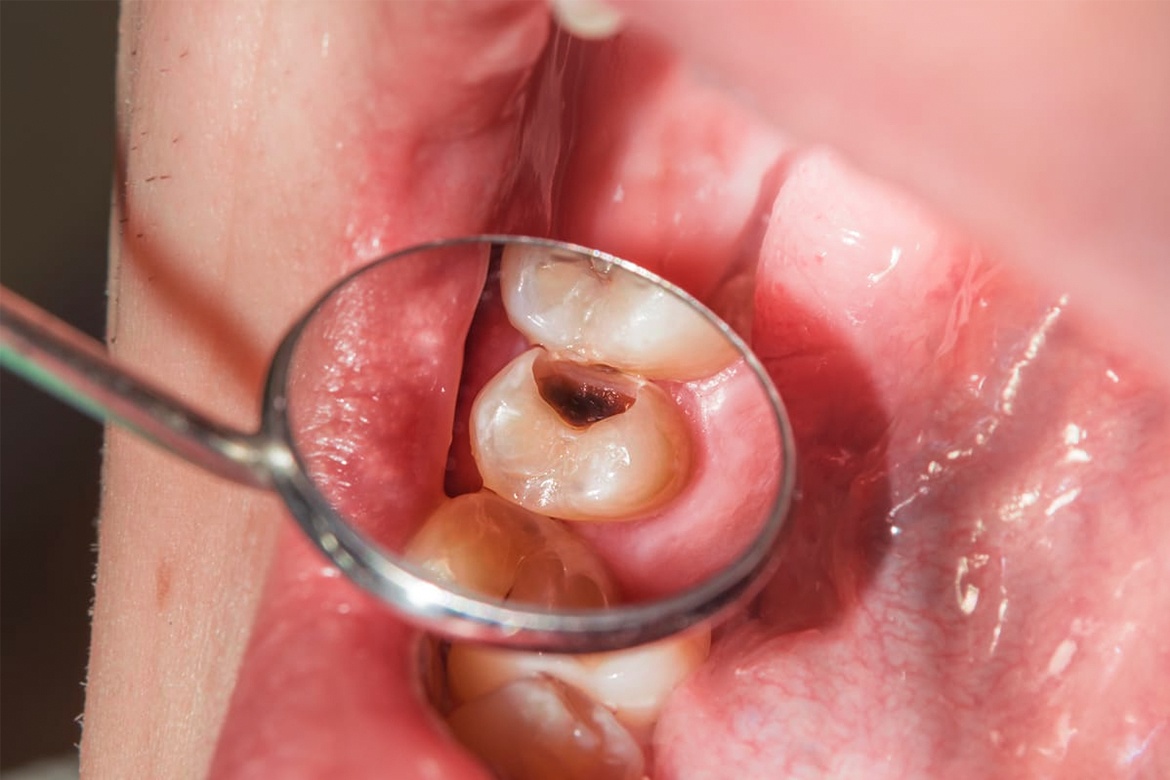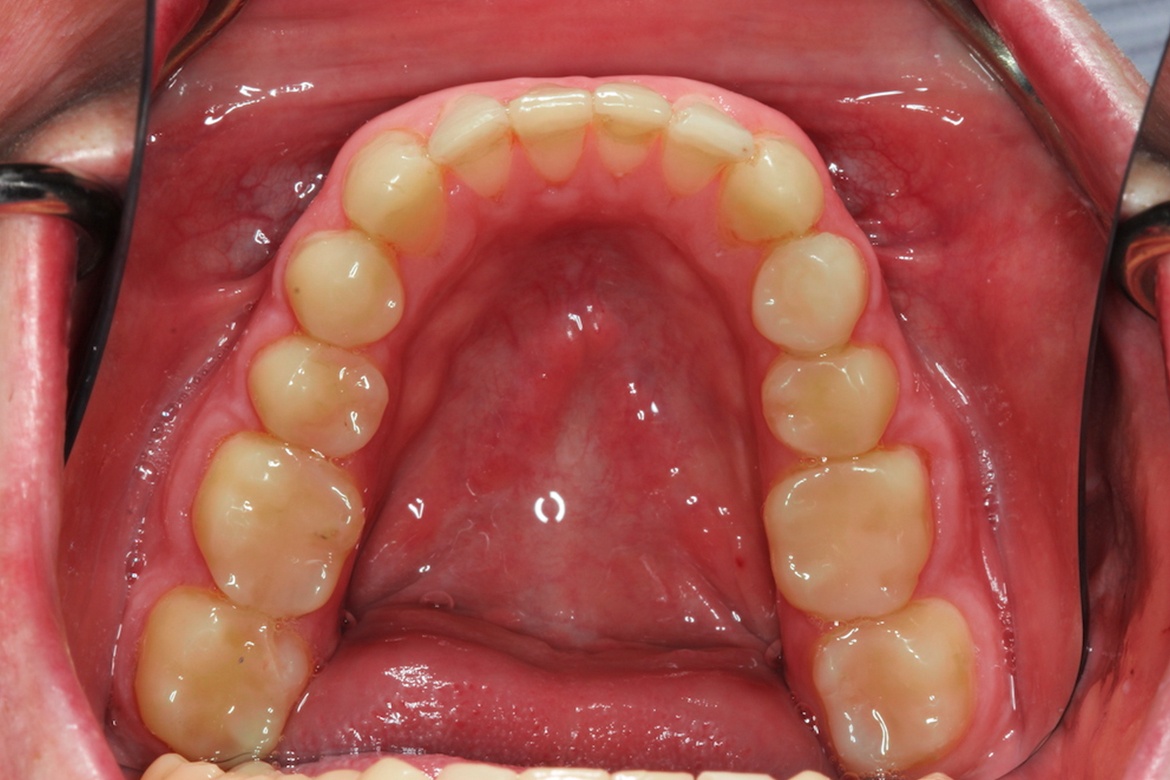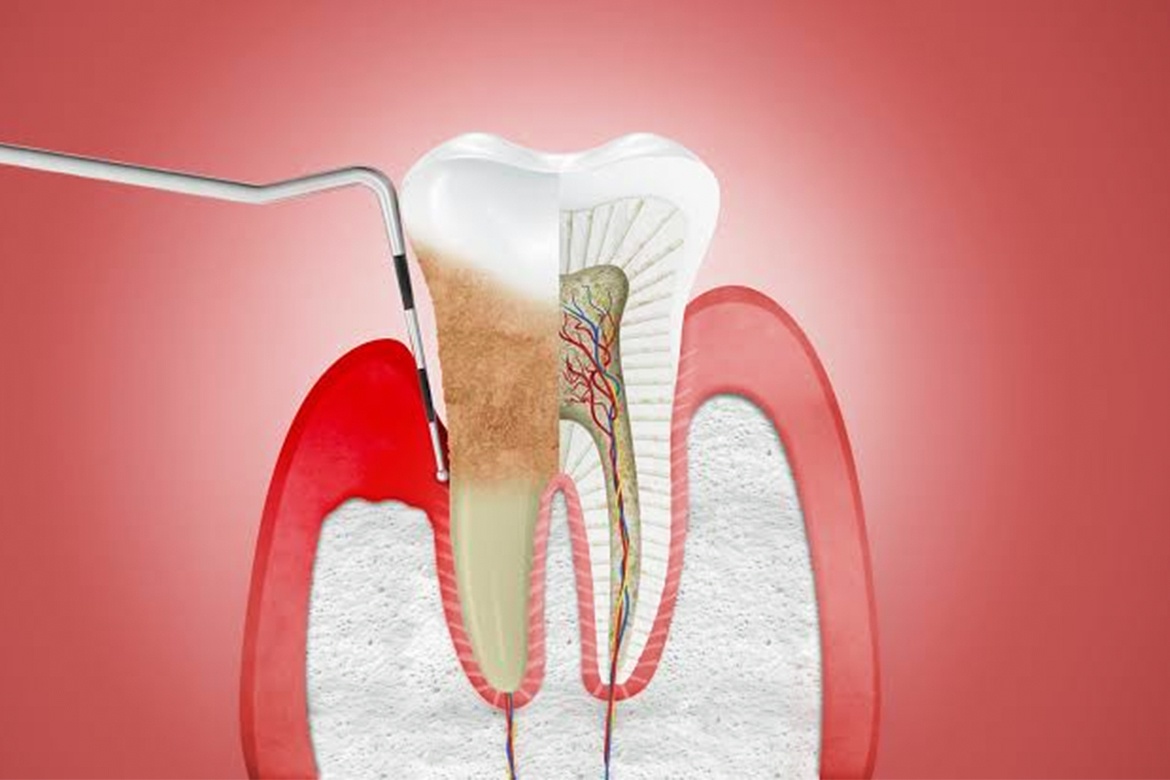It is said that ” We are what we eat” it means our body is all that we are eating, so it is highly important for everyone to maintain his/her nutritional diet, especially when it comes to oral health, as our mouth is window to our body and it’s the first thing someone notices. The most important cause of dental caries is the frequency with which sugar-containing foods and drinks are consumed. The nutritional advice offered in relation to oral health should be based on the reduction of between-meal snacking of sugary foods and drinks.
Read More: How To Stop Nail-Biting ?
Research says:
1-Frequent consumption of sugar-containing foods and drinks is the most important cause of tooth decay.
2-More than 8 out of 10 adults (86%) consume at least three servings a day of foods high in fats and sugar.
3-“Poor nutrition is a “shared common risk factor” for cardiovascular diseases, cancer, obesity and oral diseases.
What problems one might face:
Dental caries, dental erosion and periodontal disease are major dental diseases.
1-Dental caries

Dental caries (cavitation) occurs due to loss of tooth substance (enamel and dentine) by acids formed
by bacteria in so-called dental plaque. dental caries may lead to pain, infections and abscesses, or even sepsis.
2-Dental erosion

Dental erosion is the progressive irreversible loss of tooth substance that is chemically etched away
from the tooth surface by dietary extrinsic and/or intrinsic acids. Erosion reduces the size of the teeth
and in severe cases leads to total tooth destruction.
3-Periodontal disease

The main overriding factors of periodontal disease are poor oral hygiene and the use of tobacco. Severe vitamin C deficiency may result in scurvy-related periodontitis.
Add vitamins to your diet
•Calcium : Essential for bone health; teeth and jaws are made mostly of calcium Milk add dairy products, beans
•Vitamin B3 (niacin) A lack of vitamin B3 can cause bad breath and canker sores Chicken and fish
•Vitamins B12 and Mouth sores can develop with insufficient B12 and B2
Vitamin C Helps produce collagen, the connective tissue that holds bone Sweet potatoes, raw red peppers and oranges
together
•Vitamin D Enables the body to absorb calcium, which helps build strong Milk, egg yolks, fish and limited amounts of sunshine
•Vitamin K Helps synthesize three proteins in bone needed for strength; Broccoli and leafy greens
also noted for its role in blood clotting
• Add various minerals to your diet like Magnesium, zinc, phosphorous, Iron.
PREVENTION AND HOME CARE
• Limit consumption of food and beverages that contribute to
poor oral health.
• Eat sweets at mealtime, not as a snacks.
• If sugar is the first ingredient listed on a product label, then the food has high sugar.
• Check to see if liquid medicines (such as cough syrup) contain sugar.
• Drink water betweenmeals.
• Prepare food in healthy ways, such as steamed, sautéed, poached or baked.
•Avoid fried food and limit salt intake.
• Maintain proper oral hygiene. Brush twice a day for two minutes with fluoridated toothpaste and a soft toothbrush.
